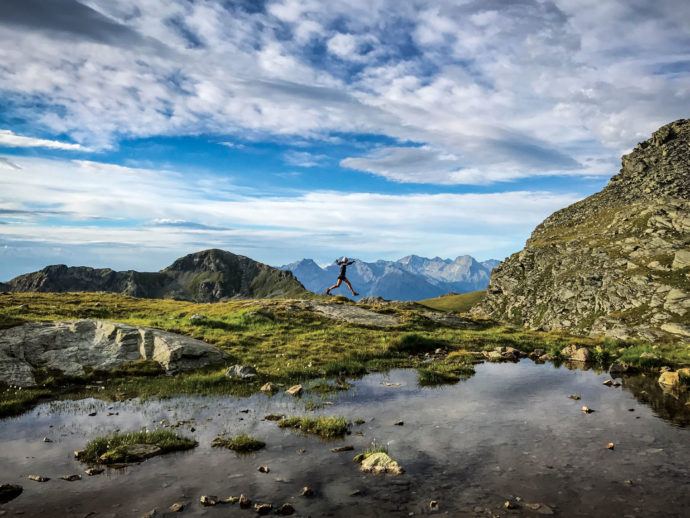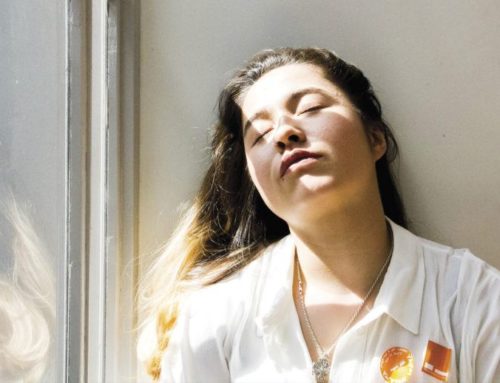Stephanie Case is transforming women’s lives, one ultramarathon at a time
A woman goes by, dust on the streets of Kabul throwing up. Someone throws a stone at her. In Afghanistan, women are seldom seen in people by themselves. 1 ultrarunner expects to enable this to alter.
Ultrarunner Stephanie Case that is Canadian will not quit. She pushes dragging a bicycle behind her. She is training for her following run, a streak that criss-crosses her job her own life, and her enthusiasm for the equality of women.
A tiring job
Women’s rights were an issue for her, while she had been in law school in the University of British Columbia. “I had seen pictures and read reports about the women were treated during Taliban times”
Her UN deployment to Afghanistan started back in 2012. “I wished to find out more about exactly what Afghan girls were confronting, the way they were dealing, what their dreams were, and also the way I could encourage them,” says Case. I believed I’d be here for just a year, but it has become a lifelong relationship!”
How far is “ultra”?
It is a link filled with particularly challenges, chances, but also for any ultrarunner who’d otherwise log 40 kilometers. That is when restricted to a protected chemical, something Case cannot do. Thus, the tire she is dragging. Endurance is built by it. She will need this in her races and in the work of her life.
Additionally, it is occasionally based on time, for example races or even races.
The question is that the cause
Case is no stranger to difficult difficulties. And while ultrarunning and individual rights might seem worlds because of her there is a thread that is frequent.
“I take on challenges which I truly don’t believe I could actually attain. You have. Anything I have been frightened to do has become worthwhile, so I just try to remind myself.”
Last year was a second story: Case had died living with six broken ribs, a punctured lung, and liver laceration that is acute.
Case resumed training following her injury per month for Tor des Géants. Then came the ultrarun.
“I battled psychological doubts and hard physical challenges throughout the race,” says Case. “I had a complete collapse, and that I was not sure I could last,” she states.
In third location, she had been at the moment. “This was all it took to inspire me to complete,” she moans, “and I stumbled on my way into the finish.”
“I am prouder of the end compared to next area that the year before,” says Case. “The battles we fight, and push are worth a lot over the conflicts we have to experience.”
And Case battle? Women’s liberty and equality across the world and in Afghanistan.
Freedom to operate
Case was attracted to battle to women’s plight. That fire and her love of running meet.
“I knew I needed to perform something which would supply Afghanistan’s women and women with the very same chances to experience outdoor adventure and freedom I had,” says Case. “I based Free to Run from the powerful belief that sports have the capability to completely change lives and communities for the better”
Her business uses running to create women’s and girls’ societal, psychological, and physical well-being. The assurance helps these girls develop into community leaders so that they could bring people together across ethnic, ethnic, and religious lines.
“We supply them with the resources to be successful and encourage them to move those successes for their regular lives,” says Case.
Free to Run is active in several provinces, and Case is seeing the effect.
“Once I met with Nelofar, she wasn’t an athlete or an athlete, but she signed with us for the opportunity to train for a 250 km (155 mi) operate in China,” remembers Case.
“Everyone believed it was hopeless, but Nelofar instructed me to dream big,” says Case. “Not only did Nelofar complete the race but she proceeded to set a working group for more than 20 young women and women in her home state. Nelofar is currently working as a program officer for us, and I’ve seen the way she’s changed through her participation in athletics. She is convinced, determined, and fearless.
“As one participant explained, running has enabled her to create plans for her future. Prior to Free to Run, she focused on getting through every day. After sports were began by her, she appeared forward to what came. It is amazing to find out how something as straightforward as running can alter how folks approach every facet of their lives”
Case’s track record
Case finished half of these in the top five and has competed in almost 40 races. “It is a fantastic thing, but my performances are not that significant to me personally,” says Case. “I cherish my own experiences, maybe not my outcomes. I am pleased of my blowup in the Tor des Géants last year than any podium place I have achieved.”
Ways to help
“We rely on individuals round the globe to raise awareness and funds of our cause, and it makes a massive difference,” says Case. “It is unique for runners to encourage different runners to get exactly the very same chances they perform. Anybody interested can reach us out in info@freetorun.org.”
Benefits of this run
Stephanie Case has lived such as South Sudan, in which her area website hosted 100,000 people displaced from the civil war of the country. “This was a level of anguish that I had not experienced before,” remembers Case.
As she fought to take care of the challenges of this function running was her socket.
“As I hurried through the bush, kids in the region would run away yelling,” says Case. She could not figure out why they had been fearful of her until somebody explained that South Sudanese kids are educated when they visit somebody they are running out of violence.
“I could not believe my running, which I had been doing to help myself deal, was causing more tension and worry for many others,” says Case. “Once I spent time with the kids, they started to connect me!
It was touching to discuss this adventure. They faced; they had the ability to be kids for a few moments on these runs.






